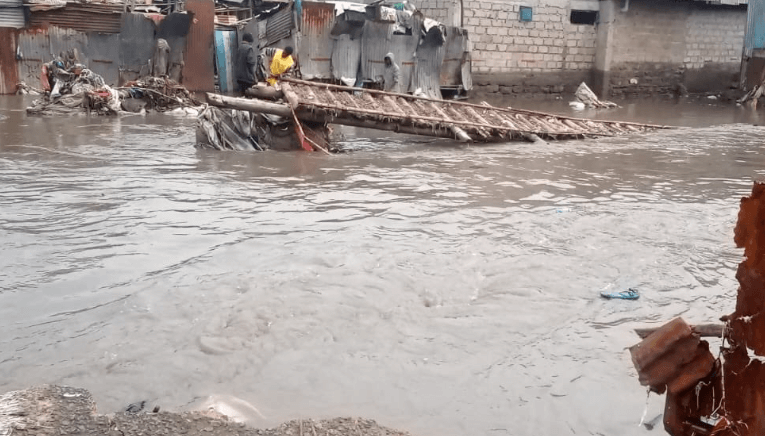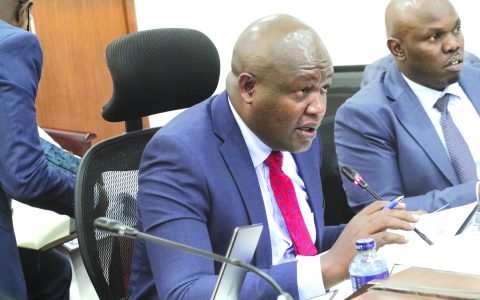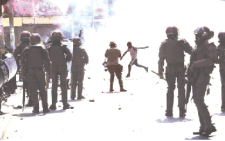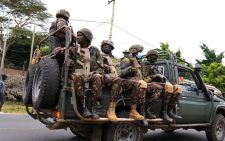Of tragedy and where the rain started beating us

“Water, water everywhere, but not a drop to drink,” Samuel Talyor Coleridge wrote aeons ago, and that seems to be the situation today, except worse.
Water is causing havoc! Lives have been lost, animals swept away, and property destroyed. Farms prepared and planted have been swept clean again. In many cases, we have no clean water to drink!
Many people will not know where to start when the rains stop, and the floods cease. What would they prioritize? Building their homes again? If so, where? The same place where the floods had displaced them? Starting the process of preparing the ground again, yet the rains will by then have gone?
People have been displaced. Coming back to the place they ran from will be a process. Routines have been disrupted, school opening postponed, and even now it is not clear whether it will be safe to go back to school.
This was a disaster, and the nation was not prepared for it. It should serve as a warning. Some of the tragedies that have occurred could have been prevented. A long time ago, we interfered with the paths of floods by building on the riparian lands. Wangari Mathai warned us before she died that nature is unforgiving. It will come back at us if we defy it, but we did not listen.
We built shops, kiosks, high-rise apartments, and even petrol stations on land that should have been left alone. The nation’s greed often drove away common sense.
Drainages in our towns clogged many years ago. People found them convenient places to tuck away the city’s dirt. The city and town administrators looked the other way.
In many cases, people who defied conventional wisdom moved into flooded rivers and were swept away. There is the sad case of the track full of harvested sand with people on top of it that drove right into a flooded river crossing point, and the lorry and people on top were swept away.
There are instances of people trying to swim across rivers or to walk through, those who tried to drive in their four-wheel vehicles and so on in cases where common wisdom would have suggested that they hold on.
Largely, the nation’s leadership cannot escape blame for our situation. When tragedy struck, in many cases, the leadership was unprepared. The comedy of an earth mover being deployed to scoop water in one case would have been laughable if the situation was not so grave. But it appeared that both at the national level and at the county level, there were no plans on what to do to respond to the disaster.
We will not be out of the woods when the rains cease. There sure will be diseases to deal with; the school calendar will have been interfered with, there is a possibility of poor harvest and famine as a consequence, and so on. Doctors are on strike and so the sick will not be attended to in public hospitals.
Some predictions suggest we will likely face a long dry spell after this. What does that mean? There is still more famine, hunger, lack of water to drink, and the need to assist people. Unfortunately, even then, there are likely to be no plans to deal with the situation again, and people will be just as exposed.
The problem is that Kenya has the intellectual and leadership wherewithal to deal with the tragedies that come our way. But we make choices. We do not apply our knowledge, we do not take responsibility, and the leadership we put in place is, most of the time, not up to the job of leading or managing.
Of course, we have to address the vice of corruption at some point. The reason we interfere with nature and fail to attend to the needs of the people is simply human greed —the greed of those in power. The led are often just as guilty as their leaders.
—The writer is the Dean, School of Communication, Daystar University



